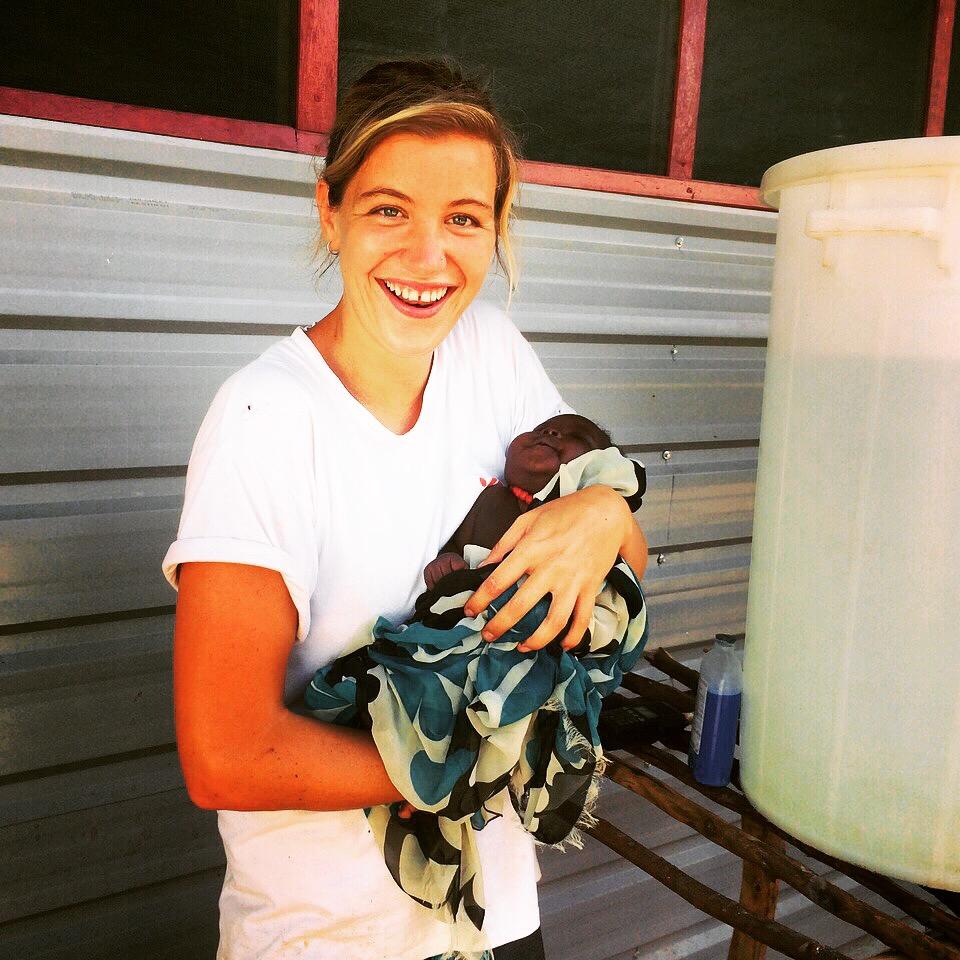
Submitted by Miss Sian Owen on Tue, 21/06/2016 - 14:19
Secret aid worker: my bra stopped me from running into the path of gunfire
Read Ces O'Hanlon's (ESD MPhil 13-14) "Secret Aid Worker" article in the Guardian about her work in South Sudan with Medicins Sans Frontieres.
Ces is currently on her first mission for MSF, working as a Water and Sanitation engineer (WatSan) in Lankien, South Sudan, which is the site of one of MSF’s largest and longest running hospitals.
The hospital runs an out-patient and in-patient department treating malaria, malnutrition, TB and Kala Azar, one of the most dangerous neglected tropical diseases.
Whilst I studied for an undergraduate degree in civil and environmental engineering, I spent several of the summers volunteering in El Salvador on water and sanitation projects. After graduating, I worked as a water engineer in El Salvador, Mexico and India before doing a Masters in Engineering for Sustainable Development. (Text taken from MSF website)
